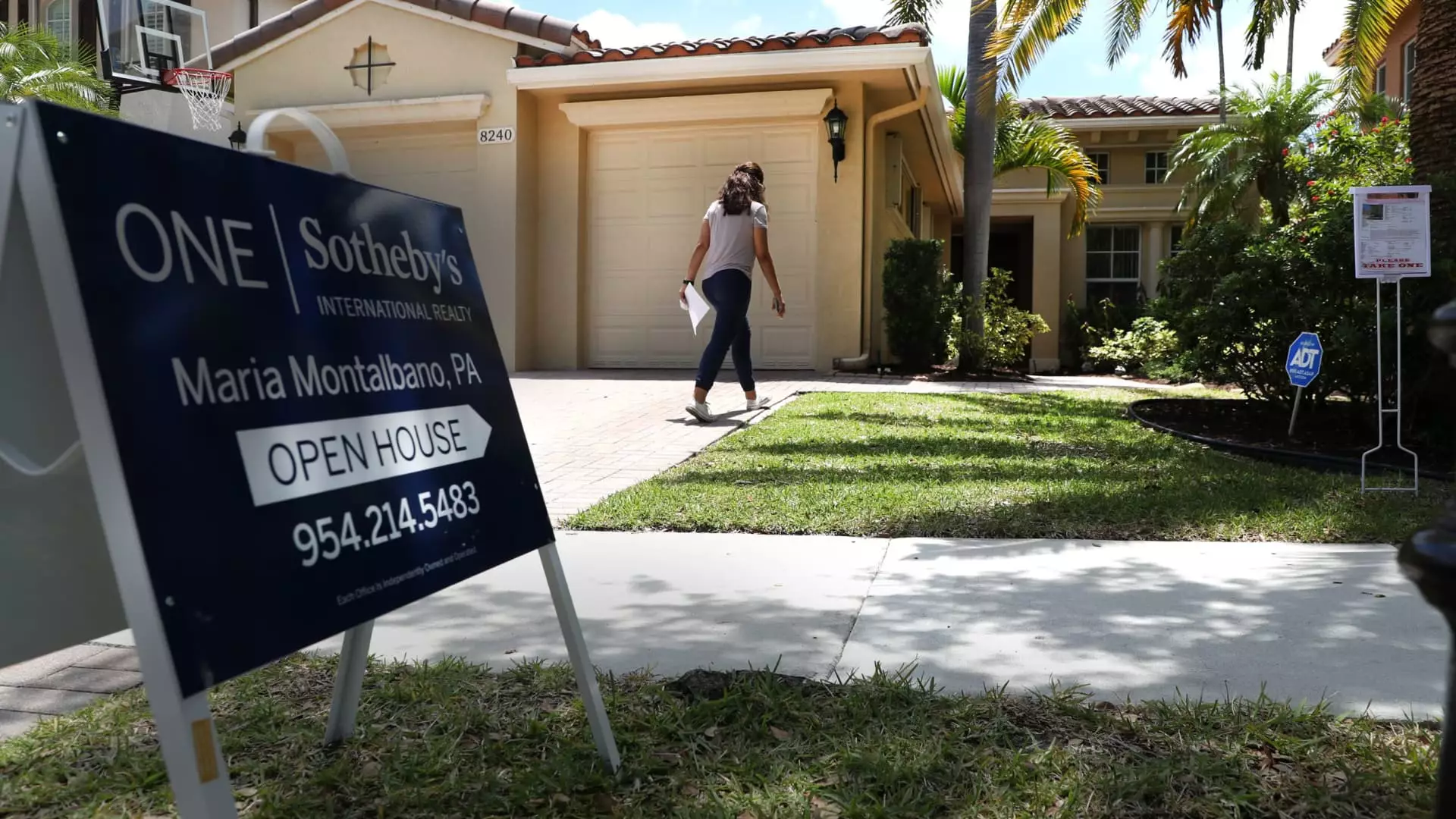The issue of heirs’ property poses a significant threat to the transfer of wealth from one generation to the next, affecting more than $32 billion in assessed values of U.S. property. When homeowners die without a will, the property is informally passed on to multiple descendants, leading to non-formal ownership. This can create obstacles in passing on property, accessing government assistance during natural disasters, and qualifying for property tax relief. Moreover, it leaves homeowners vulnerable to foreclosures, tax sales, and investors attempting to acquire their homes below market value.
Heirs’ property disproportionately affects communities of color, with estimates suggesting that up to half of the property owned by Black Americans falls under this category. This creates challenges in maintaining homeownership and benefiting from the equity of their property. Additionally, the undervaluation of homes in communities of color contributes to a racial wealth gap, with homes in Black neighborhoods being valued at a significantly lower rate compared to non-Black majority neighborhoods.
JPMorgan Chase’s Commitment to Addressing Property Inequities
JPMorgan Chase recently announced a philanthropic commitment of over $9.6 million to organizations that aim to preserve homeownership by tackling issues related to heirs’ property, appraisal bias, and the undervaluation of homes. The focus will be on targeted locations in Georgia, New York, Jacksonville, Pittsburgh, and Washington, D.C. These funds will support various initiatives such as estate planning clinics, legal services, research, and market innovations aimed at combating property inequities.
Specifically, the commitments include grants to organizations like Catapult Greater Philadelphia, the Brookings Institution, Economic Architecture, Boston College’s Initiative on Land, Housing & Property Rights, Center for NYC Neighborhoods, LISC Jacksonville, Howard University’s legal clinic, Alcorn State University Foundation, and the Federation of Southern Cooperatives/Land Assistance Fund. These organizations will work towards addressing heirs’ property issues, researching property rights in underserved communities, providing estate planning services, and expanding legal assistance to rural homeowners in the Southeast U.S.
Building a Path to Sustainable Homeownership
Heather Higginbottom, head of research policy and insights for corporate responsibility at JPMorgan Chase, emphasized the importance of addressing property inequities, especially as interest rates and mortgage costs continue to rise. The goal is to create a more sustainable path to homeownership for existing homeowners, particularly in communities where heirs’ property and appraisal bias pose significant challenges.
The initiatives supported by JPMorgan Chase’s philanthropic commitment seek to empower homeowners, especially in communities of color, to overcome barriers to homeownership and build wealth for future generations. By providing resources, legal assistance, and research-based policy recommendations, these organizations aim to create a more equitable and just property system that benefits all homeowners, regardless of their background.
Addressing property inequities such as heirs’ property and appraisal bias is crucial in promoting sustainable homeownership and reducing wealth disparities in communities of color. The efforts made by organizations like JPMorgan Chase and its partners are commendable in striving towards a more just and inclusive property ownership system that empowers all homeowners to build and preserve wealth for generations to come.

